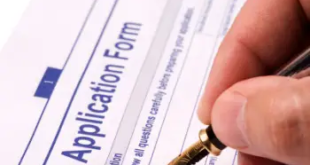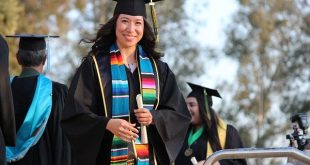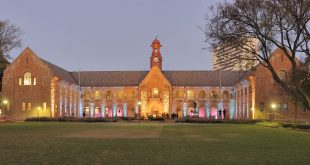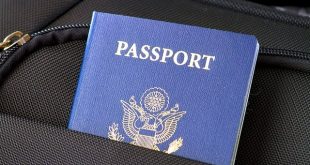Although it has weak points, the higher education system in South Africa is the most inclusive and of the highest quality on the African continent. It attracts more international students than any other African country.
Data released by the UNESCO Institute for Statistics (UIS) show that around 42,594 international students are obtaining degrees from South Africa, compared to 7,395 South African students pursued international education during the same period.
Table of Contents
Structure of Educational System in South Africa
The educational system in South Africa has changed since the apartheid regime. But, this transition was slow. The quality of primary and secondary education in South Africa is low.
They were listed at the bottom of the global prominence for teaching math and sciences.
There is still a big gap in the educational standards between the rich and poor communities. On the other hand, the higher education system in South Africa saw huge investments and is now competing on the global scene.
Higher Education System
The government of South Africa made huge investments in the development of the higher education sector in the last years.
This made universities affordable for the poorest students, with significant improvement in the quality. There are 26 universities in South Africa that are fully-funded by the government, seven of which appear in the QS global ranking.
The higher education in South Africa also includes above 50 higher education training colleges and a few private institutions. The highest portion of students (nearly one million of them) are enrolled in the South African public universities.
Moreover, South Africa has several research councils owned by the state. These are research institutions outside the higher education system in South Africa. They are in charge of implementing applied research ordered either by the state or private companies and addressing the country’s main development challenges.
The University of Cape Town comes on the top of these universities in the 141st rank. The Department of Higher Education and Training, which are divided into three categories:
- Traditional universities: they offer normal academic degrees
- Technology universities: they offer vocational degrees
- Comprehensive universities: they offer both kinds of degrees
Admission to University
The admission to a university in South Africa comes after finishing the secondary school and obtaining a certificate until the age of 18.
The non-South African students can complete the assessment form on the South Africa Universities website (known before as HESA) to know if they have the required qualifications.
Finance
The government finances the universities of South Africa. But, students have to pay annual tuition fees.
These fees differ according to universities and study programs. Foreign students pay higher fees. The cost of the university and honors degrees reaches around R75,000 (3,556 sterling), while the master’s degree costs around R47,500 (2,251 sterling).
Financial aid:
The government of South Africa has a national financial aid plan for the students. It distributes student loans and educational grants.
However, non-South African students are rarely qualified for such aids. On the other hand, the major banks offer some student loans for international students to cover the costs of studying and living in South Africa.
Related to this subject, learn also about the cost of living and studying in South Africa
Courses
There are a wide range of courses available in the universities of South Africa. They specifically focus on medicine, engineering, and researches.
Undergoing major changes in the last recent years, the higher education in South Africa aims mainly to become more innovative. Under the care of the South African Department of Higher Education and Training, the goal is to offer an increased employability, better infrastructure, financial aid and a broader access to quality education to students.
In this way, major public and private universities in South Africa all offer bachelor’s, master’s and PhD study programs.
- Bachelor’s degree: in South Africa, it takes up to 3 years for full time studies. After this duration, the student can choose between graduating with a bachelor’s degree or taking a one-year honors degree.
- Master’s: can be completed between 1 and 2 years depending on the study major
- PhD’s degrees in South Africa take up to 2 or 3 years if you choose to study full-time. And you will need a minimum of 4 years for a part-time PhD study, depending on the selected course.
Researches
Research and development in universities are a vital matter. More than half of the major African research universities are located in South Africa, including the University of Cape Town and University of the Witwatersrand (known as Wits University) in Johannesburg.
Moreover, the government of South Africa has made a big investment in research and development in higher education institutions. The governmental efforts included tax exemptions to encourage private companies to enter into partnerships with the universities in the research activities.
For more information about the universities in South Africa, check our previous articles about the top universities in South Africa and how to get a study visa in South Africa.




 Aljawaz Your guide to study abroad
Aljawaz Your guide to study abroad







